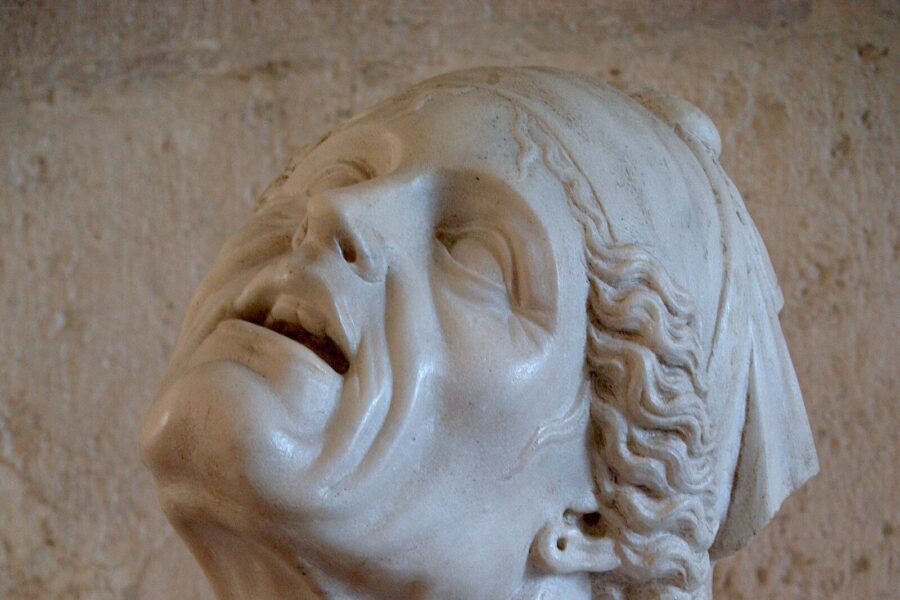
Have you ever gotten the impression that the ancient world was composed entirely of idealized white sculptures and/or people who looked like idealized white sculptures? The ancient world was a real world, with the same rich tapestry of humanity we see today. People occupied every part of the social and human spectrum: poor to rich, young to old, female to male, unhealthy to flourishing, marginalized to empowered, rural to urban…the list goes on and on. Yet because it was the rich and powerful who wrote the rules—and centuries later paid for modern scholarship—the voices of those without power tended to be lost with time. Thankfully, new research is opening views into the full diversity of ancient experience.
CLAS-B 315 serves as an introduction to issues of diversity in ancient Greece and Rome. The goal of the course is to provide an easily accessible gateway to the Classical World, by way of an interesting and important area of research. By studying representative works of art, artifacts, and literature, you will explore topics including:
- ancient systems of enslavement
- the diversity of cultures across the Mediterranean
- citizenship in Greece and Rome
- attitudes towards poverty
- the rise of Christianity as a disruptive force
- how modern views of the ancient world affect diversity today
Most importantly, you will also learn to think critically about important questions: How did ancient Mediterranean societies conceptualize diversity and equity? How did such conceptions evolve and function within the specific context of the ancient Mediterranean world? What social roles did these concepts play? How did societies shape ideas of diversity and equity, and how did diversity and inequity shape societies? How are issues related to diversity reflected in the literature and art of both ancient societies and our modern culture?
Fun Facts:
- 5 week, 1 credit “appetizer” class
- offered online asynchronous
- can be combined with other 1 credit “appetizer” classes
- no pre-reqs
- can be applied to the Classical Studies Minor


